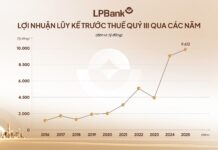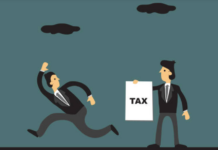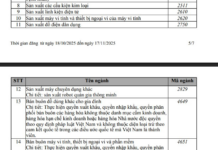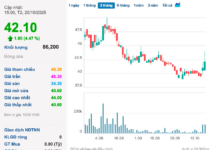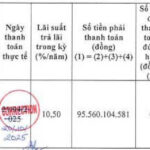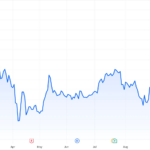
Foreign direct investment (FDI) in the past year reached USD 36.6 billion. (Photo: Tuấn Anh/TTXVN)
|
With the title “WB: Vietnam is evidence of successful development” published on washingtonexaminer.com on March 17, author Rainer Zitelmann argues that while free economies are declining worldwide, Vietnam is going against the trend.
The author emphasizes that in recent decades, countries with economies similar in scale to Vietnam have not achieved significant growth in the Economic Freedom Index.
The article cites an update in January 2024 by the ASEAN+3 Macroeconomic Research Office (AMRO), which predicts that the Vietnamese economy will grow by 6% this year thanks to a recovery in exports.
Hoe Ee Khor, Chief Economist at AMRO, believes that “In 2024, the Vietnamese economy is expected to continue its growth momentum and achieve a growth rate of 6%. This figure is slightly lower than the official target, perhaps due to the moderate pace of export recovery.”
With this growth forecast, Vietnam ranks third in AMRO’s GDP growth forecast for countries, following the Philippines (6.3%) and Cambodia (6.2%).
According to the article, Vietnam’s economic growth is not only evident in the industrial sector but also in many other sectors. Vietnam has established a strong position in high-tech fields, including Industry 4.0, semiconductor chips, Artificial Intelligence (AI), and hydropower, while also attracting international capital. Foreign direct investment (FDI) reached USD 36.6 billion last year.
In the 2024 Economic Freedom Index, the Heritage Foundation identifies Vietnam as one of the rising stars, going against the global trend.
Oliver Massmann, Partner at Duane Morris Vietnam LLC, acknowledges Vietnam’s progress in strengthening legal rights, such as the Vietnamese National Assembly’s passing of the Credit Institutions Law (amended) with better protection measures against embezzlement and more specific requirements for banks facing crises.
According to Massmann, another positive aspect is that Vietnam has made commitments to open market access and enhance legal stability for investors under free trade agreements and investment protection agreements.
The Heritage Foundation also highlights positive aspects of tax and public debt: “The highest personal income tax rate is 35% and the highest corporate tax rate is 20%. The tax burden is equivalent to 18.2% of GDP. Government expenditure and average budget balance over 3 years are 20.1% and -1.3% of GDP, respectively. Public debt is at 35.3% of GDP.”
Thu Hang









